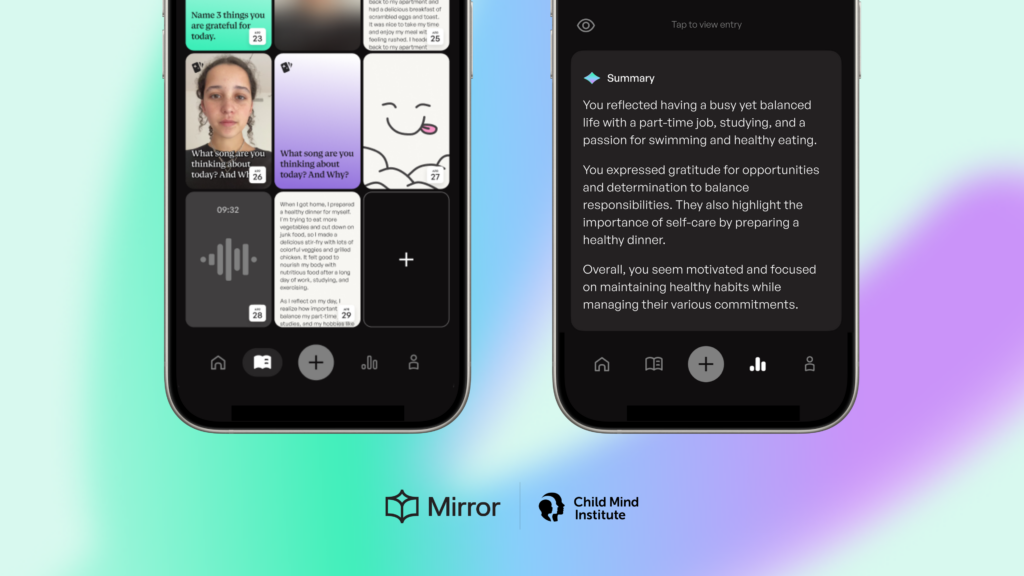Blog
The Power of Positive Reframing: Shifting Perspectives for a Better Life
March 31, 2025
Life can often feel full of challenges, setbacks, and unexpected obstacles. While we can’t always control what happens to us, we can have control over how we respond to situations. This is where positive reframing comes into play — a powerful tool that can help transform negative experiences into opportunities for growth and resilience.
What is Positive Reframing?
Positive reframing is the practice of viewing a situation from a new angle that fosters learning and resilience. It doesn’t mean ignoring problems or pretending that difficulties don’t exist. Rather, it involves changing the way we interpret events to foster a more constructive and hopeful outlook.
For example, instead of seeing missing the cut for the varsity sports team as a failure, you might reframe it as an opportunity to build your skills, take on a leadership role on the junior varsity team, or explore another extracurricular activity that better aligns with your strengths and aspirations. Instead of viewing a mistake as a sign of incompetence, you can see it as a valuable learning experience that will help you improve in the future.
Now that we understand what positive reframing is, let’s explore how it can enhance well-being.
The Benefits of Positive Reframing
Practicing positive reframing can bring a range of benefits to your mental and emotional well-being:
- Boosts Resilience — Seeing setbacks as opportunities for growth strengthens your ability to cope with adversity. People who engage in positive reframing exhibit greater resilience (Tao et. al., 2022).
- Improves Mental Health — Reframing negative thoughts can decrease symptoms of depression and anxiety (Lambert et al., 2011).
- Fosters a Growth Mindset — By embracing challenges as learning opportunities, you cultivate a mindset that supports personal development (Dweck & Yeager, 2019).
How to Practice Positive Reframing With Mirror
Here are some practical ways to incorporate positive reframing into your daily life, which you can do in Mirror, a new journaling app from the Child Mind Institute:
- Identify Negative Thoughts — Pay attention to your inner dialogue. Are you frequently using words like “never,” “always,” or “can’t”? Recognizing negative thought patterns is the first step in reframing them. Mirror offers clinician-designed prompts and uses AI to provide personalized feedback that can help you recognize these thoughts and patterns.

- Ask Yourself Key Questions — What can I learn from this? Can this challenge help me grow? Is there a silver lining that I haven’t considered yet? All of these and more clinician-designed journaling prompts are available in Mirror. You can also write your own.
- Change Your Language — Instead of saying, “I failed,” try saying, “I learned something valuable for next time.” Small shifts in wording can make a big difference in how you perceive experiences. You can practice making these changes in Mirror journal entries using text, video, and audio journaling features.
- Practice Gratitude — Focusing on what you’re grateful for can naturally encourage a more positive perspective. Try keeping a gratitude journal where you reframe challenges as opportunities. You can do this in Mirror!
Positive reframing is a skill that takes time and practice, but the rewards are well worth the effort. By consciously shifting your perspective, you can navigate life’s challenges with greater confidence, resilience, and hope. The next time you find yourself facing a difficult situation, take a moment to ask yourself: How can I see this differently?
Your mindset has the power to shape your reality. Why not reframe it into a positive one with Mirror?
Download Mirror
Available on the App Store and Google Play Store.
References
Dweck, C. S., & Yeager, D. S. (2019). Mindsets: A view from two eras. Perspectives on Psychological Science, 14(3), 481-496. https://doi.org/10.1177/1745691618804166
Lambert, N. M., Fincham, F. D., & Stillman, T. F. (2011). Gratitude and depressive symptoms: The role of positive reframing and positive emotion. Cognition and Emotion, 26(4), 615–633. https://doi.org/10.1080/02699931.2011.595393
Tao, W., Zhao, D., Yue, H., Horton, I., Tian, X., Xu, Z., & Sun, H. J. (2022). The Influence of Growth Mindset on the Mental Health and Life Events of College Students. Frontiers in psychology, 13, 821206. https://doi.org/10.3389/fpsyg.2022.821206
Tagged with:
Media and Tech, Teenagers, Applied Digital Technologies, Mirror
Topic:
Screen Time & Technology
